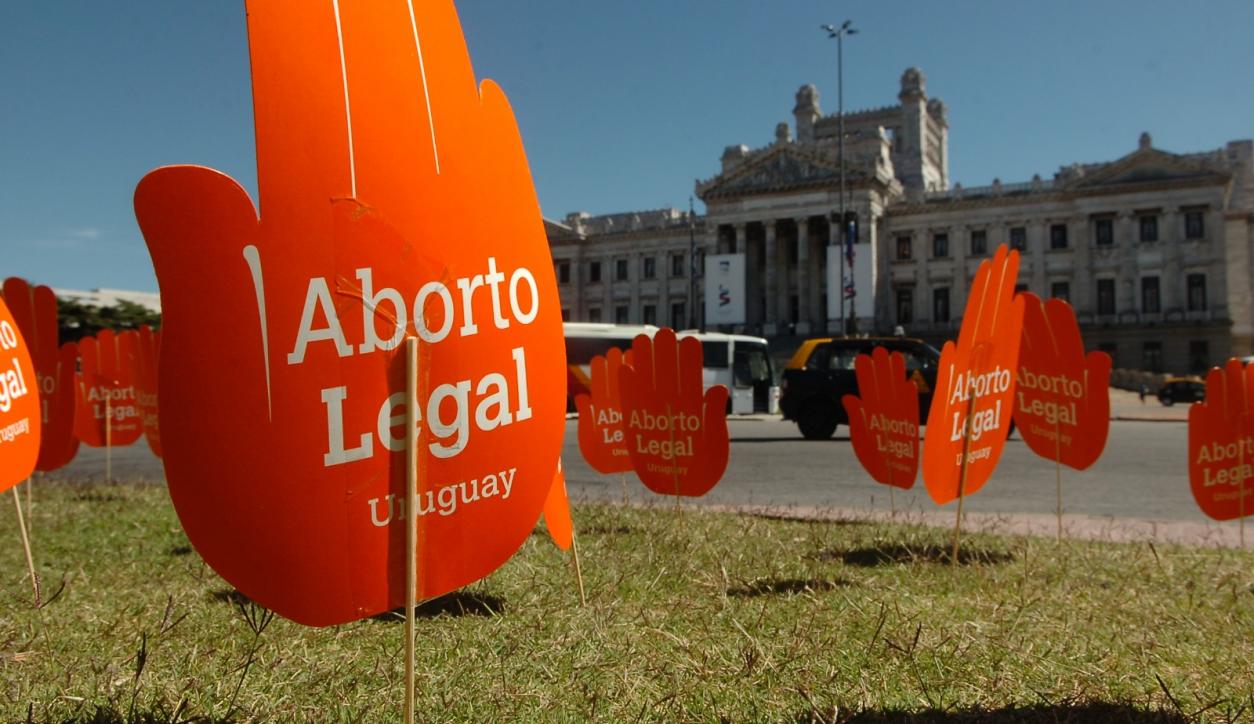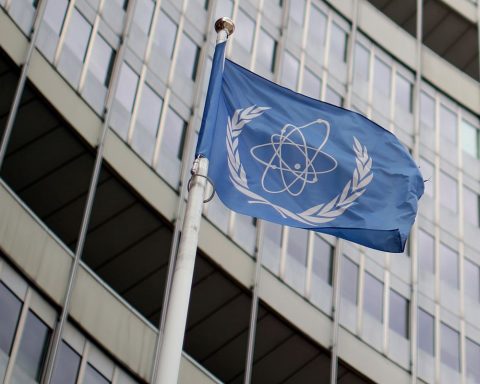Consecrated as a pioneer in decriminalizing abortion in Latin America, only behind those of Cuba and Puerto Rico, the law of voluntary interruption of pregnancy in Uruguay turns 10 years old with more than 10,000 practices completed but in a “complicated” scenario, as it was left ” old” and hampered by conscientious objection.
Years before the green scarves became popular in the world as a symbol of the fight for abortion that originated in Argentina, in its neighbor Uruguay thousands of orange hands rose to demand its legalization, which, after a failed attempt in 2008, materialized. with a debated law enacted on October 22, 2012.
COMPLICATED LANDSCAPE
A decade after -after former President Tabaré Vázquez (2005-2010 and 2015-2020) vetoed the first initiative due to personal objection- under the mandate of former President José Mujica (2010-2015) it was approved by 50 votes out of 99 the so-called IVE law, abortions reached a “plateau” with some 4,600 per year in Uruguay.
This is what the technical reference in Sexual and Reproductive Health of the Administration of State Health Services (ASSE), Mónica Gorgoroso, assures EFE, who details that 60% of legal abortions in the country are given in public centers and highlights that there is already attention throughout the territory.
“There are services throughout the country. There have been in these 10 years some departments (provinces) that have presented difficulties, because there were no professionals there who were not conscientious objectors, but those situations were saved by transferring professionals, “says who sees in the delays in coordinating the multidisciplinary teams that the law establishes the biggest current obstacle in the process.
Another is the vision of the expert in sexual and reproductive health and director of the social organization Mujer y Salud Uruguay (MYSU), Lilián Abracinskas, who points out that the current panorama is “complicated” because the law “is out of date.”
«It is designed for a surgical abortion that today is almost residual in practice. Today in Uruguay, 98% of abortions are pharmacological and self-administered. Yes, you have to get it from the health system (the drug) because that is the only way it is legal, but you have a long process to access it », he emphasizes.
OBJECTIONS AND COMPLAINTS
According to a survey by the MYSU Observatory, three public hospitals in the country – those in the departmental capitals of Colonia (southwest), Soriano (southwest) and Cerro Largo (east) – have 100% medical conscientious objectors, one reality that Abracinskas considers “difficult to understand” and worrying.
It is that, he says, to what the law provided as an “exception” has been normalized and even due to an administrative ruling doctors can act in one part of the process and object in others, it is necessary to review the “limit” of this type of objections when, he remarks, it is a health service.
«In other countries this objection is not admitted in a gynecologist because it is understood that abortion is part of the situations that you have to attend to in your specialty. It is difficult to understand that a professional is a cardiologist but does not operate an aortic valve, for example », he emphasizes.
Gorgoroso, meanwhile, admits that the way of measuring the percentage of objectors has “its difficulties” but notes that he has not seen “neither increase nor dramatic decrease” in the total number of objectors in ASSE, which, he says, is around 30%.
Abracinskas indicates that there is another serious flaw in the complaints, because, she notes, the Ministry of Public Health assumes that since it does not receive any “there are no problems” and in reality, due to lack of guarantees, women do not dare to do so except in cases “serious”, such as the 2 registered deaths of women due to legal abortion, in 2018 and 2020.
Regarding this, Gorgoroso assures that the authorities must be “very cautious” and believes that, when someone does report, it is important to “take advantage of it” to make adjustments.
CONSERVATIVE WINDS
“Opening a parliamentary debate today to modify the norm would run serious risks of setbacks, therefore what we are doing is denouncing these situations at the international level,” says the director of MYSU about a political context that she understands to be unfavorable.
It is that, according to Abracinskas, since the current government of the center-right Luis Lacalle Pou took office in 2020, a “rhetorical setback” has been implemented that has influenced health, because, although they do not want to “touch” the consecrated law, “since the National Directorate of Health lowered (the order to) promote adoption as an alternative ».
On the other hand, the former deputy for the ruling National Party (PN, force of Lacalle Pou) Carlos Iafigliola released a message on his social networks in which he assures that the anniversary of the IVE law is a “sad” and “mourning” day for the history of the country.
“We must continue to fight this terrible scourge. Last year we presented a proposal to the Government to reduce the number of abortions by giving alternatives. Little progress has been made, we will continue to fight,” said the “Christian” and “pro-life” politician, whose “north” continues to repeal the norm whose only attempt to demolish it failed with a scant 8% in a 2013 referendum. EFE


















